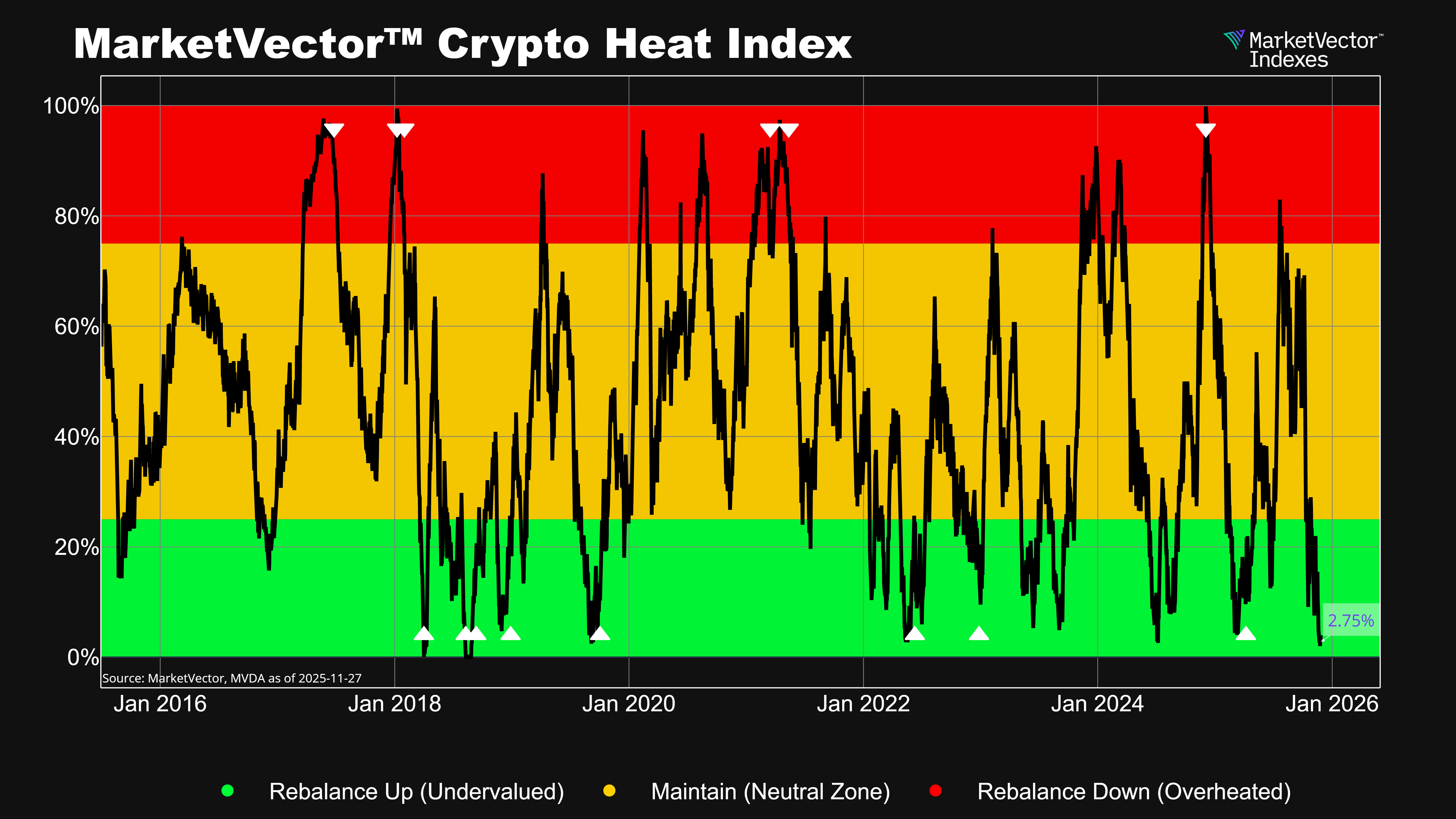The global economy is adapting to reduce climate change. This is particularly important in global investments. Historically, investors have relied on ESG screens to fulfill their sustainable investing requirements. But, typical ESG screens miss much if not most of the carbon emissions created or emitted by a company. These ESG screens have focused on Scope 1 & 2 emissions, which means they only focus on the direct operations (Scope 1) and energy usage (Scope 2) of the company. The piece that is missing is Scope 3. Scope 3 emissions assess a company’s upstream and downstream impact. For example, Scope 3 will analyze a company’s entire supply chain along with the use and disposal of the company’s products. This especially holds weight for consumer-based product companies like Apple.
Incorporating Scope 3 emissions into a company-level analysis provides a much more complete and accurate picture of how much of an impact a certain company has on the environment. This additional analysis allows investors to pursue and achieve a “Climate Positive” investment thesis. “Climate positive” investments go beyond “low carbon” and “net zero” targets to the point that every dollar invested is linked to net greenhouse gas (GHG) emissions reductions and corresponding net positive climate benefits. Climate-positive investing will help investors reach their sustainability investing targets now, not in the future.
MarketVector IndexesTM and ETHO Capital have partnered to launch the ETHO MarketVectorTM Global Climate Positive Index. With a focus on net zero pollution goals, this innovative index empowers investors to decarbonize their portfolios and invest in companies making meaningful strides toward achieving global climate goals.
Click here to watch our “Indexing the Headline Series” on the ETHO MarketVectorTM Global Climate Positive Index.
ETHO MarketVectorTM Global Climate Positive Index
The ETHO MarketVectorTM Global Climate Positive Index tracks the performance of companies that, in the aggregate, produce net negative greenhouse gas emissions. In calculating net greenhouse gas emissions, ETHO Capital considers scope 1-3 emissions. The index considers ESG and geographic factors, based on data provided by ETHO Capital.
ETHO MarketVectorTM Global Climate Positive Index
4/24/2020-4/24/2023
Source: MarketVector IndexesTM. Data as of April 24, 2023.
Please click here for more information on the ETHO MarketVectorTM Global Climate Positive IndexTM Global Climate Positive Index, please click here.
Get the latest news & insights from MarketVector
Get the newsletterRelated:




